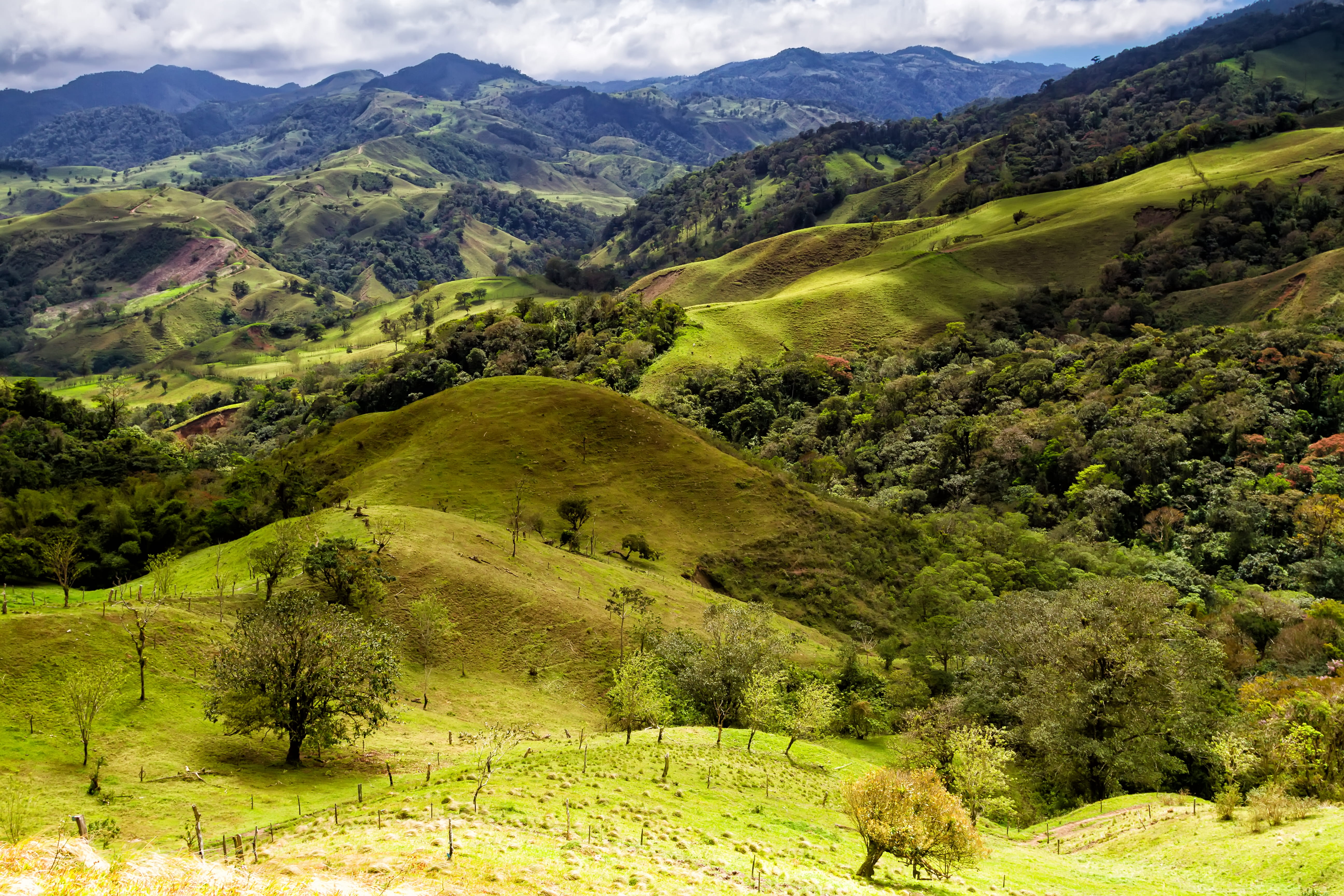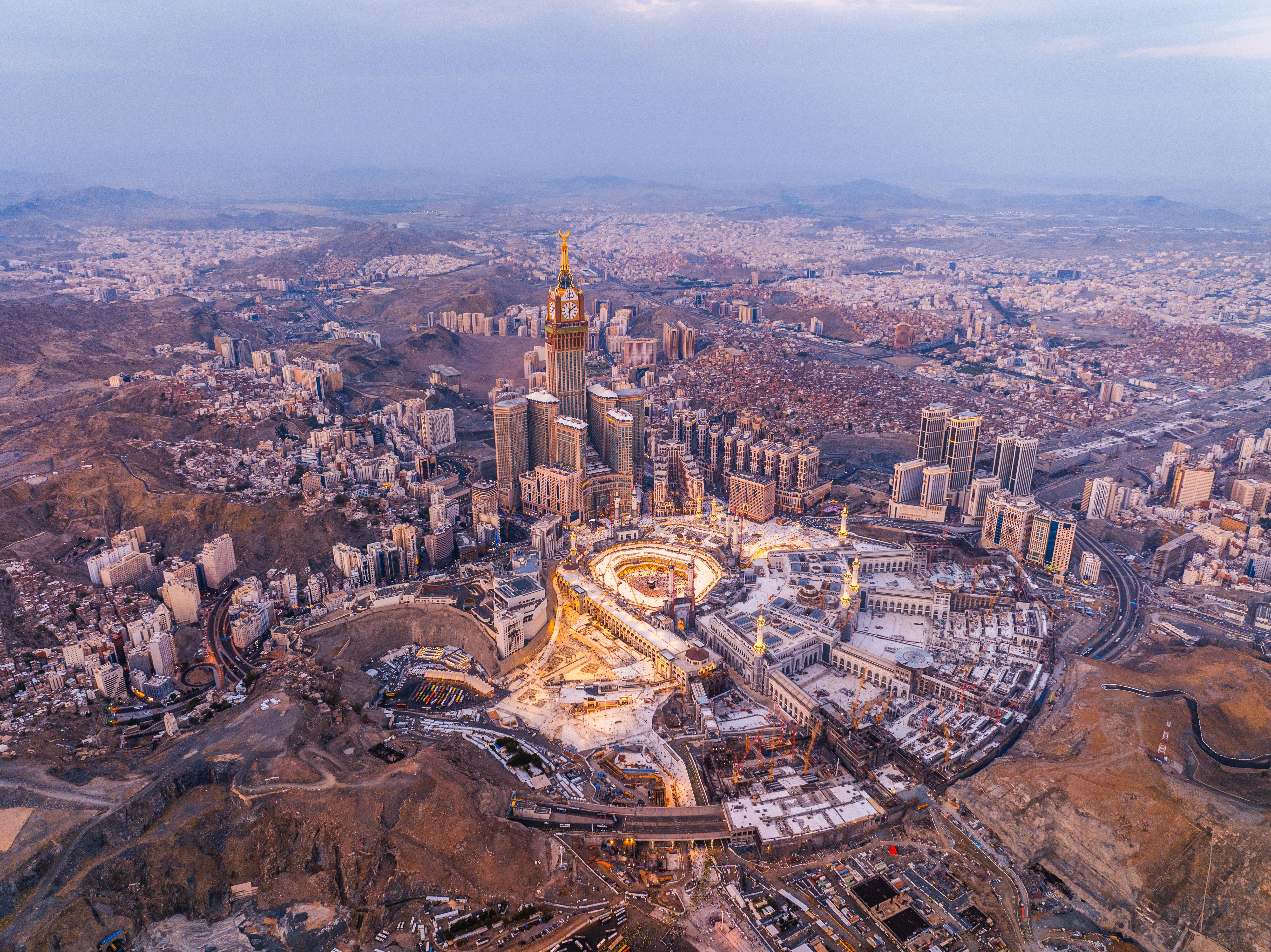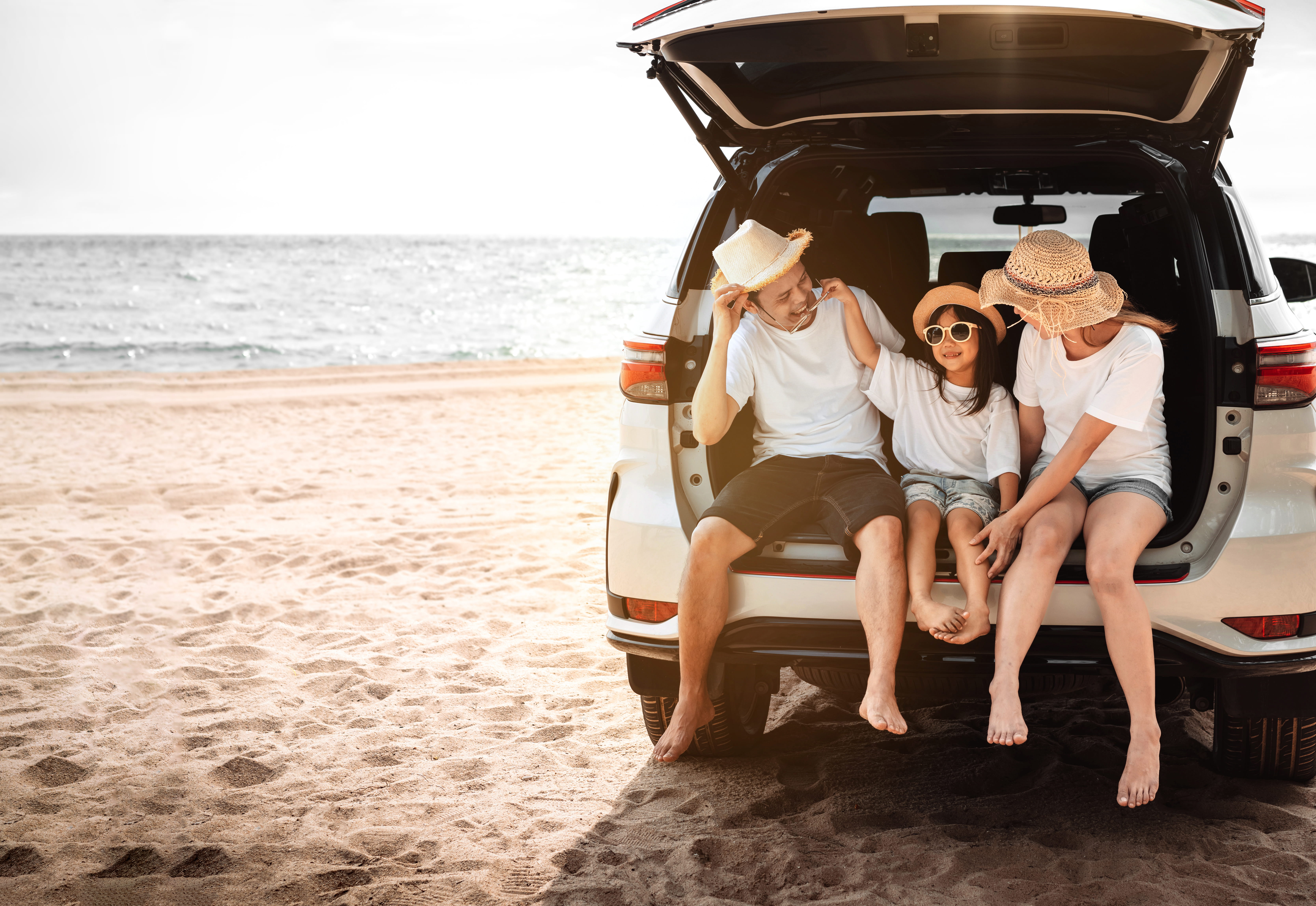The Best Time to Visit Albania: A Comprehensive Guide
April 16th 2024
Albania, a hidden treasure in the Balkans, is an incredibly beautiful and culturally rich country. It offers visitors various experiences, from its beautiful coastline along the Adriatic and Ionian Seas to its mountainous interior and lively urban centers.
But if you plan your vacation well, you can make the most of your time here and enjoy all that this stunning country has to offer.
With the country's climate, people, activities, and culture all taken into account, this guide will examine the best times to visit Albania.
Understanding the Seasons in Albania
Albania experiences four distinct seasons: spring, summer, autumn, and winter. Each season offers its own unique charm and opportunities for exploration.
Spring (March-May)
Albania is most beautiful in the spring when its verdant landscapes and flowering plants bloom. Mild weather is the norm, with typical highs of 50–68 degrees Fahrenheit (10–20 degrees Celsius). Throughout this season, the weather is perfect for outdoor pursuits like cycling, hiking, and discovering Albania's national parks and historic sites.
You can enjoy the country's natural beauty in relative peace and quiet during the off-season because there are fewer tourists than in the summer.
Summer (June - August)
Thanks to its warm Mediterranean climate and beautiful beaches, summer is the peak tourist season in Albania. Temperatures soar during this time, with highs reaching 30°C to 35°C (86°F to 95°F) or even higher in coastal areas. The beaches along the Albanian Riviera are bustling with activity, and seaside towns come alive with music, festivals, and nightlife.
While summer offers the perfect beach holiday, it's also the busiest and most expensive time to visit, so be prepared for crowds and higher prices.
Autumn (September - November)
Visiting Albania in the fall is a great idea because the weather is still nice, and the tourists are starting to go. The weather is perfect for outdoor activities and tourism, with temperatures gradually dropping from 15°C to 25°C (59°F to 77°F).
Exploring Albania's mountains and rural areas in the fall is a picture-perfect experience, thanks to the vibrant foliage that adorns the countryside. On top of that, fall is harvest season, so you may enjoy traditional dishes made with fresh local ingredients.
Winter (December - February)
Winter is warm along the coast of Albania, but it can get cold and snowy in the mountains. In the mountains, it can get below freezing, while on the coast, it's between 5°C and 15°C (41°F to 59°F). Places like Dajti National Park and the tourist town of Korcë offer lots of chances to ski and snowboard for people who like winter sports.
Tourists interested in culture can also enjoy visiting Albania's cities, museums, and historic places outside the busy summer months.
Weather Patterns in Albania
Albania's weather varies depending on the region, with coastal areas experiencing a Mediterranean climate and inland areas experiencing more continental conditions. Summers are generally hot and dry, while winters are mild with some rainfall and occasional snowfall in the mountains. The best time to visit Albania weather-wise depends on your preferences, whether you prefer the warmth of summer or the mild temperatures of spring and autumn.
Best Time to Visit Albania (Month by Month)
Albania's weather varies throughout the year, so picking the right time to visit is key. Here's a simple breakdown:
December to February: Cold and rainy, especially inland and mountains. Snow is common, but some mountain passes usually remain open. This time of year is perfect for snow lovers and snowshoers in the Albanian Alps.
April to early June: Ideal for visiting Albania. Great weather for outdoor activities like walking and cycling. Nature is at its best with blooming wildflowers and powerful rivers. Plus, it's less crowded and more affordable.
June to August: Hot, especially along the coast and in valleys. It is perfect for beach lovers, but coastal areas can get crowded with tourists. However, inland and mountain regions offer cooler temperatures and are less crowded.
Late September to mid-October: Another good time to visit. It's still warm, but with occasional showers to cool things down. It is ideal for outdoor activities and exploring the countryside.
November to December: It is dark and damp, so it is not the best time to visit. However, some tours still operate, visit especially for celebrating christmas in Albania, and accommodations are affordable.
Crowds and Tourism Peaks
Peak tourist season in Albania coincides with the summer months, especially July and August. During this time, popular beach destinations like Sarandë, Vlorë, and Dhermi can get crowded, and accommodation prices tend to rise. If you prefer to avoid the crowds and save money, consider visiting during the shoulder seasons of spring or autumn. These months offer pleasant weather, fewer tourists, and more affordable accommodation options.
Outdoor Activities and Adventures
Albania is a paradise for outdoor enthusiasts, offering various yearly activities.
Beach Season
The summer months are perfect for soaking up the sun and enjoying water sports along the Albanian Riviera. Whether you prefer relaxing on pristine beaches or exploring hidden coves, you'll find plenty of options along Albania's 362 kilometers of coastline.
Hiking and Nature Exploration
Spring and autumn are ideal for hiking and nature exploration, as the weather is mild, and the landscapes are lush and green. From the rugged peaks of the Accursed Mountains to the tranquil shores of Lake Ohrid, Albania's natural beauty will captivate outdoor adventurers of all levels.
Skiing and Winter Sports
Winter brings snow to Albania's mountainous regions, creating skiing, snowboarding, and other winter sports opportunities. From December to March, the ski resorts of Korçë, Dajti National Park, and the Tomorr Mountains offer fantastic conditions for snow enthusiasts.
Cultural Considerations
When planning a trip to Albania, cultural factors such as religious holidays, local customs, and the impact of tourism on communities must be considered.
Religious Holidays and Observances
Albania is a predominantly Muslim country, and religious holidays such as Ramadan and Eid al-Fitr are widely celebrated. It's important to respect local customs and traditions during these times, especially when visiting mosques and other religious sites.
Local Customs and Traditions
Albanians are known for their hospitality and warmth, so greet locals with a friendly "Tungjatjeta" (hello) and immerse yourself in the country's rich cultural heritage. Whether attending a traditional folk festival or sampling regional cuisine, embracing Albanian customs will enhance your travel experience.
Impact of Tourism on Local Communities
As tourism continues to grow in Albania, it's essential to consider the impact of your travels on local communities and the environment. Choose responsible tour operators, support local businesses, and engage with communities respectfully and sustainably to preserve Albania's natural and cultural treasures for future generations.
Budgeting and Costs
Traveling in Albania varies depending on the season, with summer being the most expensive due to the high demand for accommodation and services. To budget for your trip, consider factors such as accommodation prices, transportation costs like renting a car, and dining expenses. Traveling during the shoulder seasons of spring or autumn can help you save money while enjoying a fantastic Albanian experience.
Practical Tips for Each Season
Regardless of when you visit Albania, you must be prepared for the weather and local conditions. Here are some practical tips for each season:
What to Pack
Pack layers and comfortable walking shoes for exploring the countryside and cities in spring and autumn. Don't forget sunscreen, a hat, and swimwear for beach days in summer. Pack warm clothing, gloves, and waterproof boots in winter for outdoor activities in the mountains.
Health and Safety Considerations
Albania is a safe destination for travelers, but it's always wise to take precautions such as staying hydrated, wearing sunscreen, and being aware of your surroundings. Ensure you have adequate travel insurance covering medical expenses and emergency evacuation, especially if you plan to engage in outdoor activities or adventure sports.
Transportation Options
Albania has a relatively well-developed transportation network, with buses, minibusses, and ferries connecting major cities and tourist destinations. Renting a car in Albania is also a popular option for exploring the countryside independently. Be prepared for occasional delays and road conditions, especially in rural areas.
Ready to Visit Albania?
Rest easy and savor the ride when you reserve with FinalRentals. Embrace the freedom to explore at your own pace and say goodbye to the hassle of transportation arrangements. Experience Saranda's breathtaking coastline beauty or the Albanian Alps's rugged landscapes at your own pace with our budget-friendly servicesfor car rental in Albania.
If you want to plan a trip to Albania without worrying about transportation, contact us right now.

































































